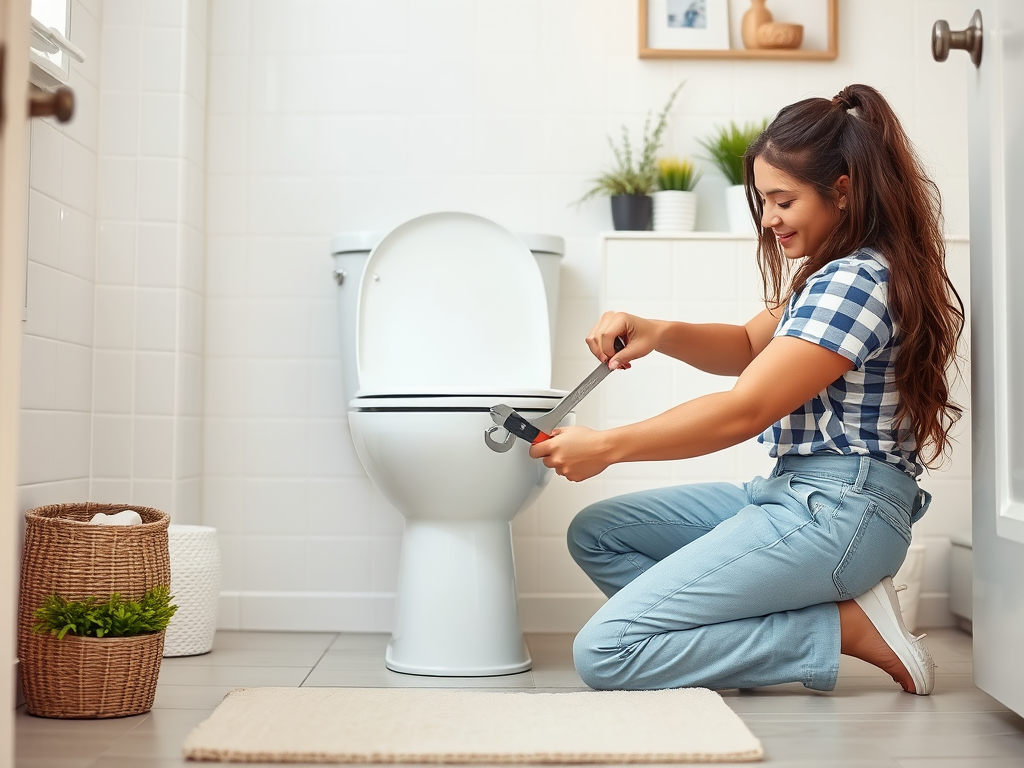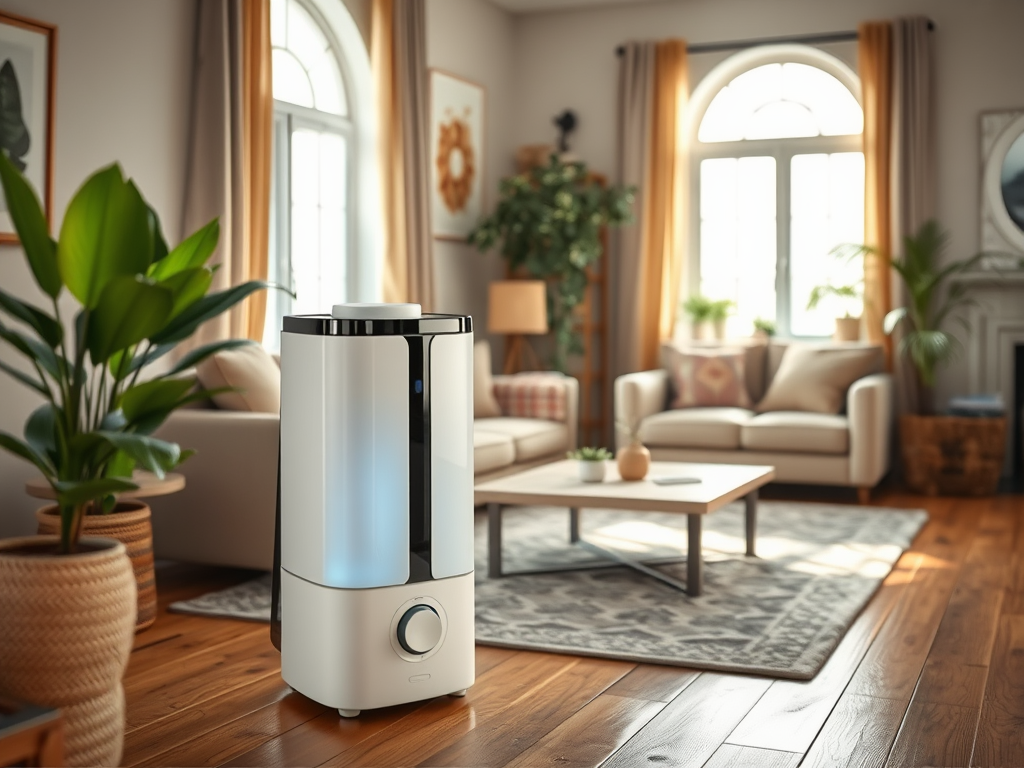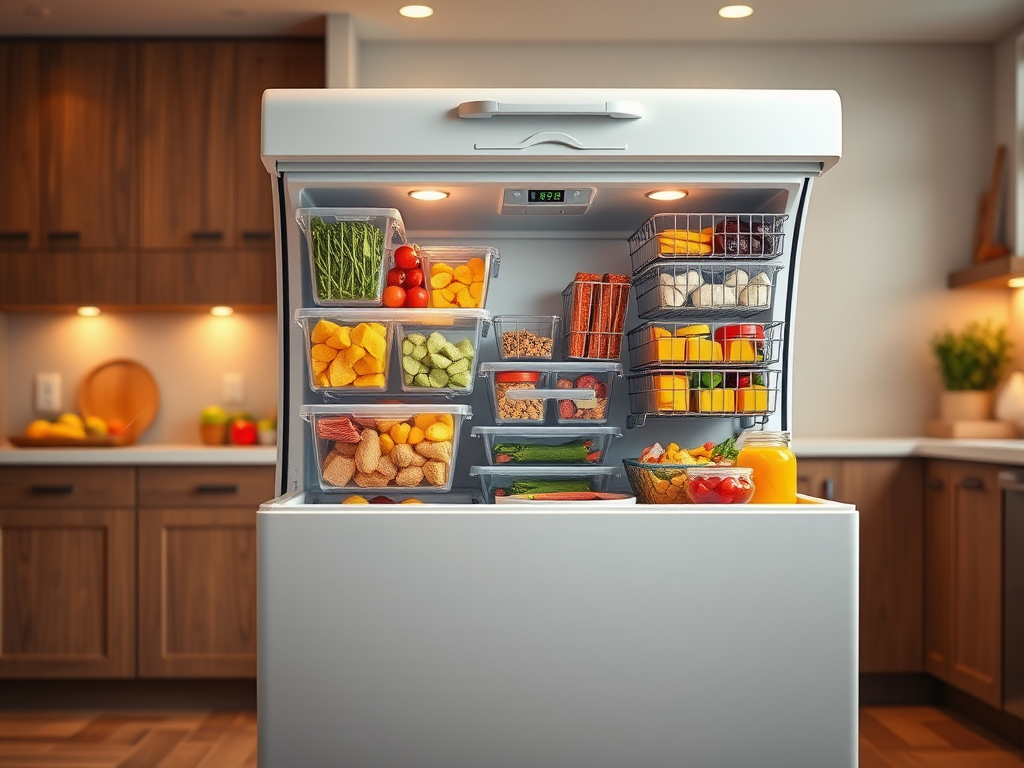How to Make a Homemade Glass Cleaner

Creating a homemade glass cleaner is not only easy but also cost-effective and environmentally friendly. The main ingredients are simple household items that effectively cut through grime and streaks, leaving your glass surfaces sparkling clean. In this article, we will explore how to make this all-natural cleaner, the benefits of using it, and tips for application. Say goodbye to store-bought cleaners filled with harsh chemicals and embrace a greener, safer alternative for your home.
Ingredients Needed for a Homemade Glass Cleaner
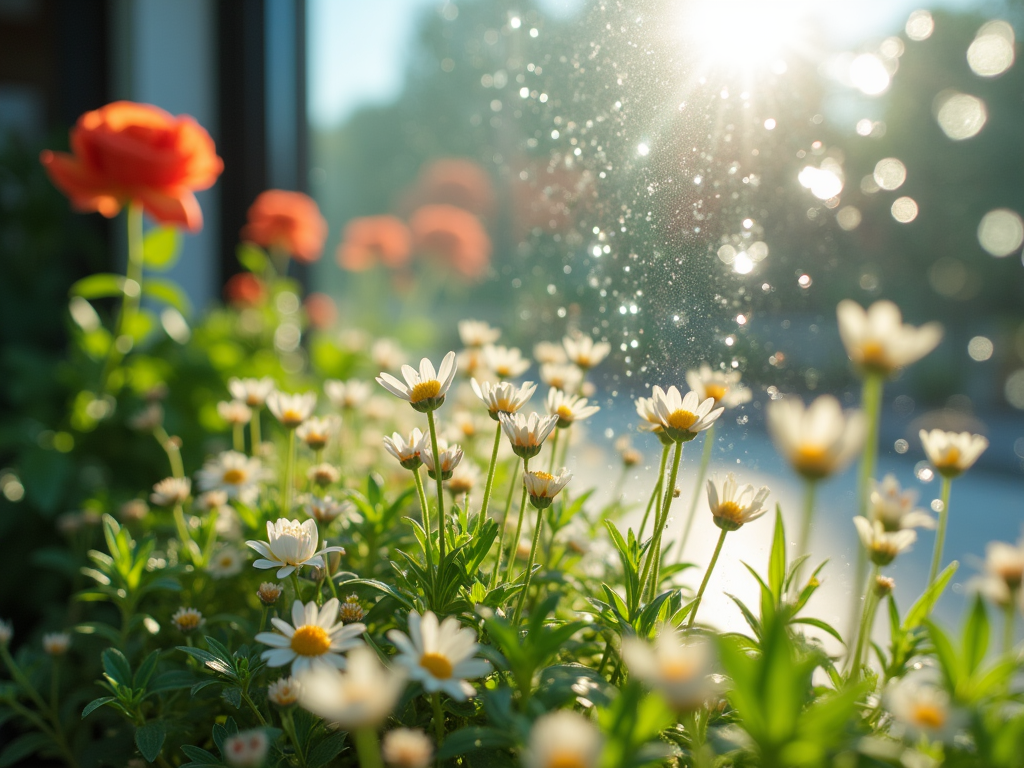
To whip up your own glass cleaner, you’ll need just a few essential ingredients found in most kitchens. Here’s a simple list of what you’ll require:
- Vinegar: 1 cup (white distilled vinegar is preferred)
- Water: 1 cup (use distilled water for longer shelf life)
- Dish soap: A few drops (optional, for extra grease-cutting power)
- Essential oils: A few drops (optional, for fragrance)
These ingredients are not only effective but also non-toxic, making them a safer choice for homes with children and pets. The vinegar acts as a powerful cleaner, while water dilutes it for safer use. A dash of dish soap enhances cleansing power, especially against stubborn spots. If you enjoy a pleasant scent, essential oils like lemon or lavender can elevate your cleaning experience. Altogether, this mix can be prepared in minutes.
How to Prepare Your Homemade Glass Cleaner
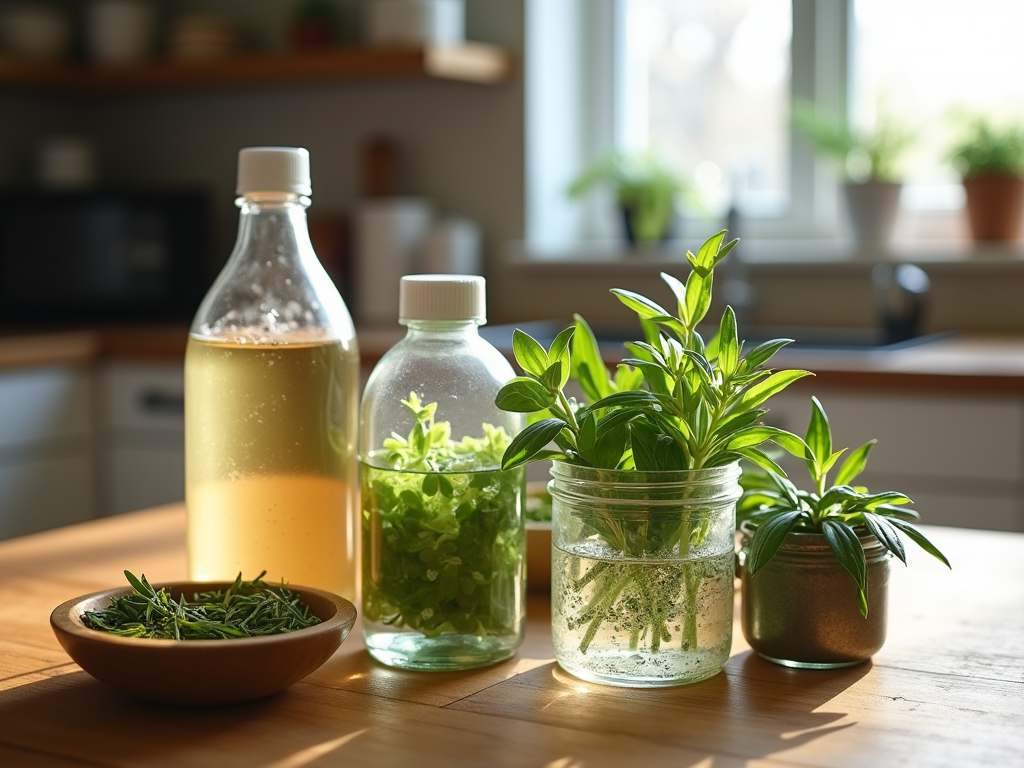
Preparing your homemade glass cleaner is straightforward and requires minimal time and effort. Follow these simple steps for optimal results:
- Gather your ingredients: Make sure you have everything you need in one place.
- Mix the ingredients: In a clean spray bottle, combine 1 cup of vinegar and 1 cup of water. If you choose to add dish soap, include a few drops here as well.
- Add essential oils: If desired, incorporate a few drops of your chosen essential oil for fragrance.
- Shake it up: Secure the lid and gently shake the bottle to mix the ingredients well.
- Label the bottle: Don’t forget to label your homemade glass cleaner for easy identification.
Once your solution is mixed, it’s ready to use. This cleaner can last several weeks if kept in a cool, dark place. Always test your solution on a small, inconspicuous area first to ensure compatibility with your surfaces, as some materials may not react well to vinegar.
Application Tips for Maximum Effectiveness
Using your homemade glass cleaner effectively can make all the difference in achieving streak-free surfaces. Here are some application tips to keep in mind:
- Use a microfiber cloth: This material is ideal for glass cleaning as it is non-abrasive and collects dust and dirt without leaving lint behind.
- Spray directly on the surface: For best results, apply your glass cleaner directly to the glass rather than onto the cloth.
- Wipe in a circular motion: Start at the top and work your way down in circular motions to prevent streaks from forming.
- Dry with a clean cloth: After cleaning, use a separate dry microfiber cloth to buff the glass and achieve a high shine.
- Consider the time of day: Cleaning glass in direct sunlight can cause the cleaner to dry too quickly, leading to streaks. Aim for cloudy days or shaded areas.
Following these tips will ensure your glass surfaces are maintained to the highest standard, enhancing the overall aesthetic of your home. The beauty of this cleaner lies in its simplicity, so include it as part of your regular cleaning regimen for the best results.
Switching to a homemade glass cleaner comes with numerous advantages that can enhance your cleaning routine:
- Cost-effective: Making your glass cleaner significantly reduces cleaning costs as the ingredients are inexpensive and readily available.
- Eco-friendly: Homemade cleaners are biodegradable and contain no harmful chemicals that could pollute the environment or endanger health.
- Customizable: You can tweak the formula to suit your preferences, adding different scents or adjusting the vinegar content for varying strengths.
- Non-toxic: Being free from harsh chemicals means it’s safer for children and pets, making your home a healthier space.
- Effective: Vinegar is renowned for its ability to cut through grease and grime, making this solution a powerful contender against commercial options.
Embracing a homemade approach not only simplifies your cleaning tasks but also promotes a healthier living environment. The benefits are clear, making it a worthwhile addition to your household cleaning products.
Conclusion
Making a homemade glass cleaner is a straightforward and budget-friendly task that anyone can accomplish with minimal effort. By using simple ingredients like vinegar, water, and optional dish soap, you can create an effective glass cleaning solution that is safe for your family and the environment. Incorporating this cleaner into your regular house cleaning routine will not only enhance the appearance of your glass surfaces but also contribute to a healthier home atmosphere. So why wait? Try your hand at creating this all-natural solution and enjoy streak-free, sparkling clean glass surfaces!
Frequently Asked Questions
1. Can I use the homemade glass cleaner on other surfaces?
Yes, this cleaner is effective on a variety of surfaces, including mirror and stainless steel, but avoid using it on natural stone surfaces due to its acidic nature.
2. How long does the homemade glass cleaner last?
When stored in a cool, dark place, the homemade glass cleaner can last for a few weeks. However, it is best to use it within a month for maximum effectiveness.
3. What if I don’t like the smell of vinegar?
You can easily mask the vinegar smell by adding essential oils of your choice. Lemon or peppermint oils add a refreshing scent while also providing additional cleansing properties.
4. Is it safe to use homemade cleaners on tinted windows?
While the solution is generally safe, always test a small area first, as some window films may react differently to vinegar.
5. Can I use other types of vinegar for the glass cleaner?
While white distilled vinegar is the best choice, you can use apple cider vinegar if that’s what you have on hand. Just be aware it may leave a slightly different scent.
